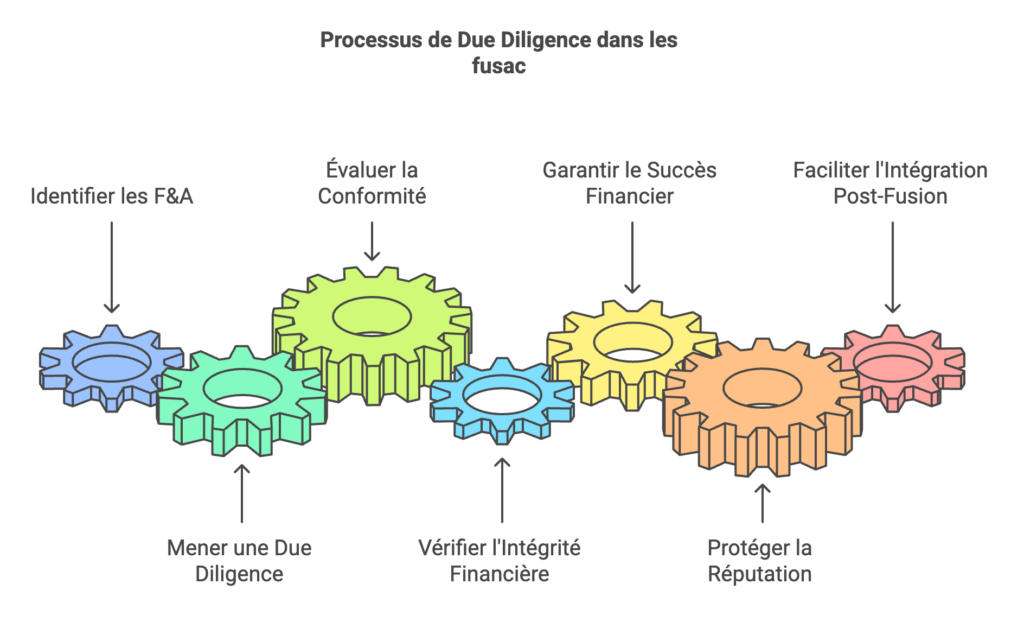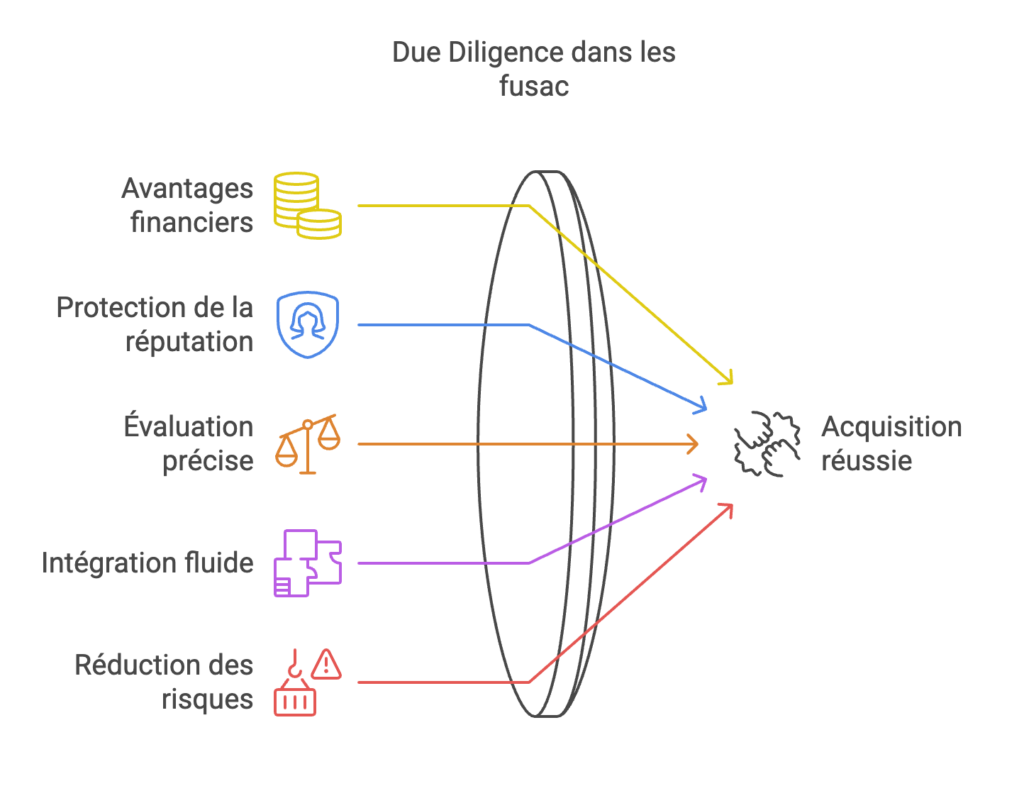Mergers and acquisitions (M&A) are transformative business strategies that require careful planning and execution. At the heart of a successful M&A lies due diligence, a comprehensive process of investigation and analysis. This article explores the critical role of due diligence, particularly compliance and integrity due diligence, in ensuring financial success, safeguarding reputation, and facilitating smooth post-merger integration.

Why Due Diligence Matters in M&A
- Financial Benefits: Proper due diligence ensures that all financial aspects of the target company are transparent. It uncovers hidden liabilities, validates financial statements, and identifies potential cost-saving synergies. Studies show that companies conducting thorough due diligence achieve higher deal values and meet financial targets more effectively.
- Reputation Protection: Integrity due diligence minimizes risks related to unethical practices, corruption, or regulatory violations. By identifying these risks early, companies protect their reputation and avoid costly legal battles or public scandals.
- Accurate Valuation: A detailed review of assets, liabilities, intellectual property, and market position ensures the buyer pays a fair price. It also strengthens negotiation power by providing factual insights into the target’s value.
- Accurate Valuation: A detailed review of assets, liabilities, intellectual property, and market position ensures the buyer pays a fair price. It also strengthens negotiation power by providing factual insights into the target’s value.
- Risk Mitigation: Compliance due diligence addresses regulatory risks, such as anti-corruption laws or data protection regulations. This prevents unexpected penalties or liabilities post-acquisition.
Key Steps in Due Diligence for M&A
- Analyse Financière :
- Verification of financial statements and material contracts.
- Analysis of future income projections and tax obligations.
- Analyse Juridique :
- Examine contracts, licenses, and litigation history.
- Verification of intellectual property rights and legal history.
- Analyse de Conformité :
- Verification of compliance with anti-corruption laws (e.g. Sapin II law).
- Analyse des politiques de protection des données et conformité environnementale.
- Analyse d’Intégrité :
- Assessment of reputational risks related to key stakeholders.
- Background checks on management and corporate governance.
- Analyse Opérationnelle :
- Assessing supply chain efficiency.
- Analysis of technological capabilities for future integration.
- Analyse du Marché :
- Study of competitive positioning and growth potential in the target sector.
Advantages of calling on experts
Collaborating with experienced professionals offers several benefits:
- Expertise Objective: Impartial evaluations based on concrete facts.
- Complete Analysis: Exhaustive coverage including all critical aspects (financial, legal).
- Time Efficiency: Meeting deadlines thanks to optimized process management.
- Strength in Negotiation: Accurate data strengthens your position during pricing discussions.
- Risk Reduction: Experts quickly identify potential threats to secure your investment.
Conclusion
Due diligence is not just a procedural step in M&A; it is a strategic tool that drives financial success, protects reputation, ensures compliance, and facilitates integration. By investing in robust due diligence—particularly compliance and integrity assessments—companies can make informed decisions that maximize value while minimizing risks.If you are preparing for an M&A transaction or need expert guidance on due diligence, contact us today to ensure your deal’s success with confidence.




